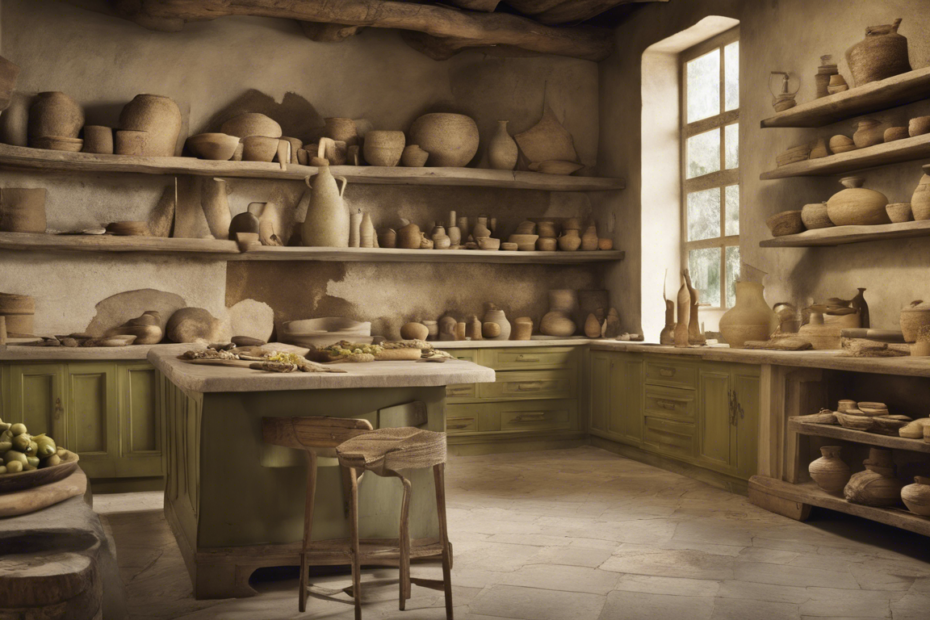Olive oil has been a beloved kitchen staple for centuries, cherished not only for its rich flavor but also for its health benefits.
But have you ever wondered about the journey this golden elixir has taken through history?
From the sun-soaked groves of ancient Mediterranean civilizations to its presence in today’s gourmet kitchens, olive oil’s story is as vibrant as the oil itself.
Let’s dive into the fascinating history of olive oil, exploring the evolution of its production techniques and its enduring significance in culinary practices.
The Role of Olive Oil in Modern Culinary Practices and Health
Olive oil has come a long way from its ancient origins, where it was revered not just as a key ingredient in the Mediterranean diet but also as a symbol of peace and prosperity.
Fast forward to today, and it has firmly planted itself in modern culinary practices, offering cooks and foodies alike a versatile oil that enhances everything from salads to gourmet dishes.
Beyond its gastronomic appeal, olive oil is celebrated for its health benefits, being rich in heart-healthy monounsaturated fats and packed with antioxidants.
It’s like a hidden gem that seamlessly combines flavor with nutrition – whether you’re drizzling it over a fresh Caprese salad or using it to sauté vegetables, you’re not just indulging in a delicious experience; you’re also nurturing your body.
So, next time you reach for that bottle of olive oil, remember it’s not just an ingredient; it’s a rich tapestry woven through the history of cuisine that continues to evolve and inspire health-conscious cooking.
Frequently Asked Questions
What is the origin of olive oil?
Olive oil has its roots in ancient Mediterranean civilizations, where it was first produced over 6,000 years ago.
Its significance can be traced back to cultures like the Greeks, Romans, and Egyptians, who valued it not only as a food source but also for its medicinal and religious uses.
How has olive oil production changed over the years?
Over the centuries, olive oil production techniques have evolved significantly.
Initially, olives were crushed by hand or with simple tools, but advancements such as the introduction of hydraulic presses and modern machinery have greatly improved the efficiency and quality of olive oil extraction.
Why is olive oil important in modern cooking?
Today, olive oil is celebrated for its unique flavor and health benefits.
It is a staple in many cuisines around the world, often used for dressings, marinades, frying, and drizzling over dishes.
Its rich taste enhances food while also providing heart-healthy fats.
What health benefits does olive oil offer?
Olive oil is rich in monounsaturated fats, antioxidants, and anti-inflammatory compounds, which contribute to heart health, improved cholesterol levels, and reduced risk of chronic diseases.
It’s also a key component of the Mediterranean diet, known for its health benefits.
Can I use any type of olive oil in my cooking?
While you can use different types of olive oil, extra virgin olive oil (EVOO) is the highest quality and best for culinary uses due to its lower acidity and rich flavor.
However, other types, like regular olive oil or light olive oil, can also be used for cooking, especially when a milder flavor is desired.
